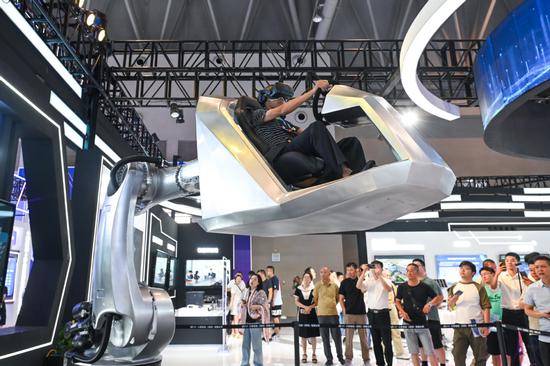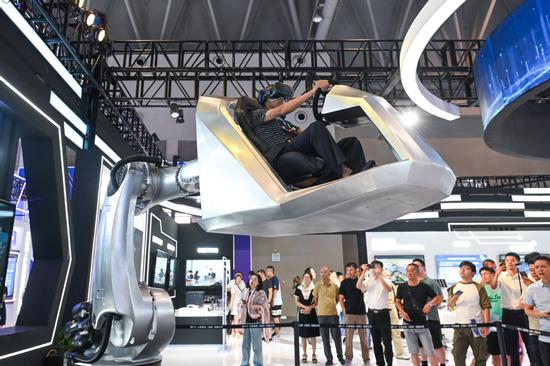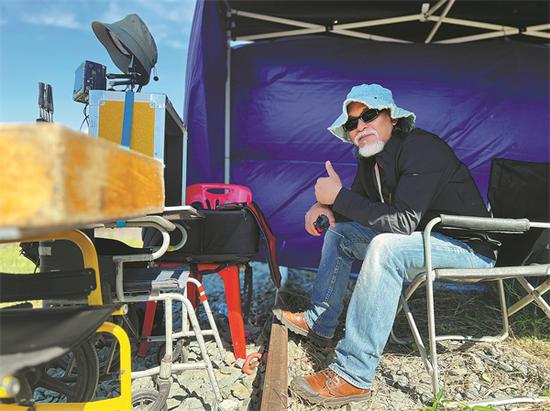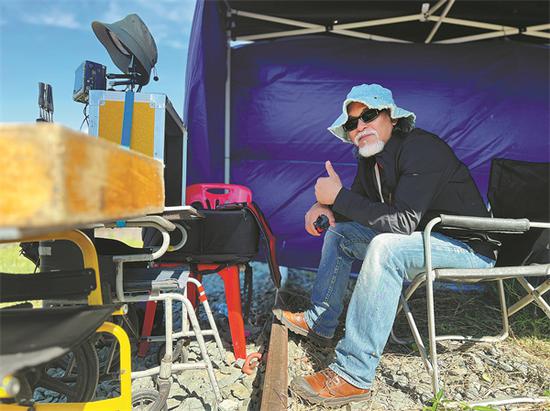Beijing has launched an artificial intelligence (AI) public computing platform to meet the increasing needs of AI enterprises. The launch comes at a time when expanding the supply of computing power becomes a key focus for China as computational power needs mount with the rise of AI.
The platform, located in Yizhuang, Daxing district of Beijing, is the largest of its kind in the city. It will provide 3,000 petaflops of computing power to support the research, development and application of large-scale AI models, the Beijing Daily reported.
As a part of a broader strategy to develop domestic alternatives to OpenAI’s ChatGPT, the new platform enables large language models (LLMs) of AI start-ups in Beijing to train their models quickly, said Yan Min, general manager of the Beijing Yizhuang Smart City Research Institute Group, which is the platform’s developer.
However, as the AI arms race intensifies, tech giants like Meta, Google and OpenAI may run out of data to train their models. According to Epoch, an AI research institute, by 2026, all the high-quality data could be exhausted.
High-quality data is the core element for the development of AI, Liu Gang, chief economist at the Chinese Institute of New Generation AI Development Strategies, told the Global Times on Monday.
“China boasts its data center cluster, which provides assistance for the training of LLMs and the development of AI-related products.
“It’s important to firmly grasp the core of our own AI development. The more data that’s available to train a large language model, the better it would perform,” Liu said.
“China has a strong manufacturing industry, with huge datasets from these enterprises. This is one of our biggest advantages and also the most critical issue for our future industrial competitiveness,” Liu said.
Chinese experts have highlighted the importance of building critical computing power infrastructure to develop and train AI systems.
“AI has become an important driving force of the new round of technological and industrial revolution,” Yu Xiaohui, head of the China Academy of Information and Communications Technology, told the Global Times on Monday.
Although China ranks second in the scale of computing power globally, there are challenges such as an imperfect match between supply and demand, as well as regional disparities in computing power resources, Yu said.
To resolve such shortages, many regions in China are speeding up the development of the computing power industry. For instance, Shenzhen in South China’s Guangdong Province approved an action plan for accelerating the high-quality development of AI in June 2023. It vows to build urban level intelligent computing power platforms to coordinate the deployment and use of computing resources for AI projects.
China deployed a project called Artificial Intelligence for Science in March 2023, to promote the use of AI in cutting-edge research. Under the project, authorities will promote the innovation of AI models and algorithms for major scientific problems, develop platforms for typical research fields, and build a national open innovation platform for the next generation of AI public computing power, the Xinhua News Agency reported.









